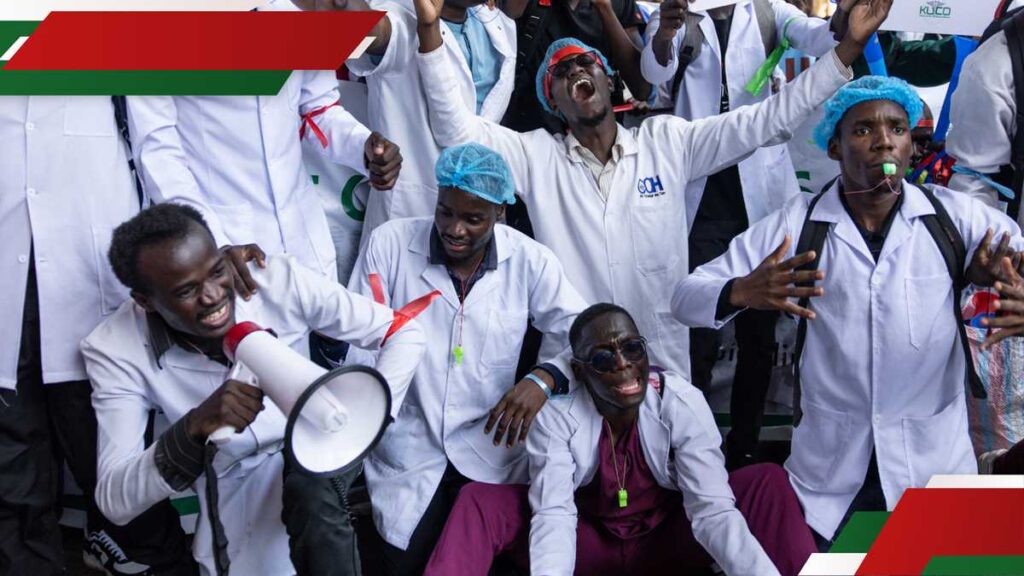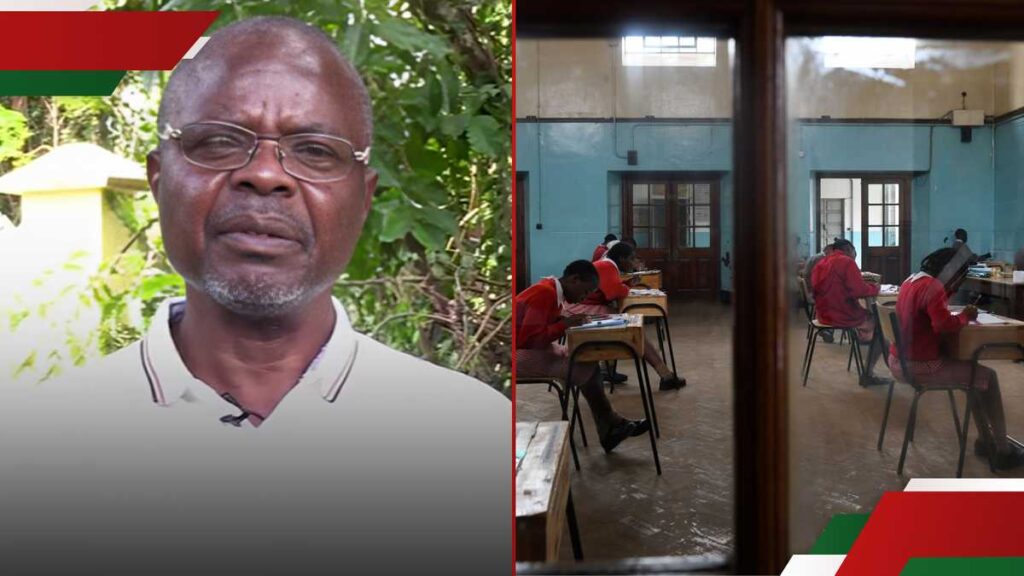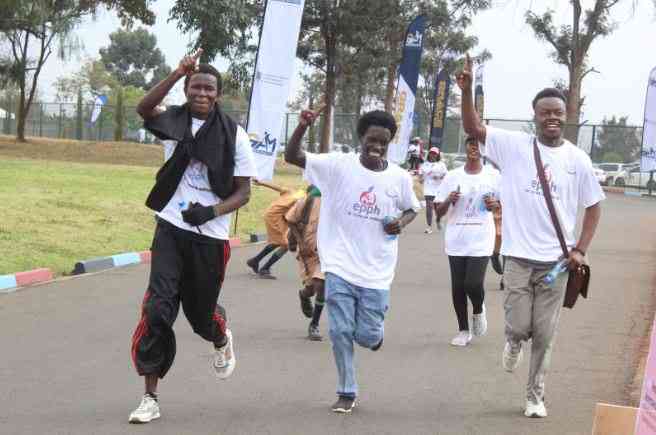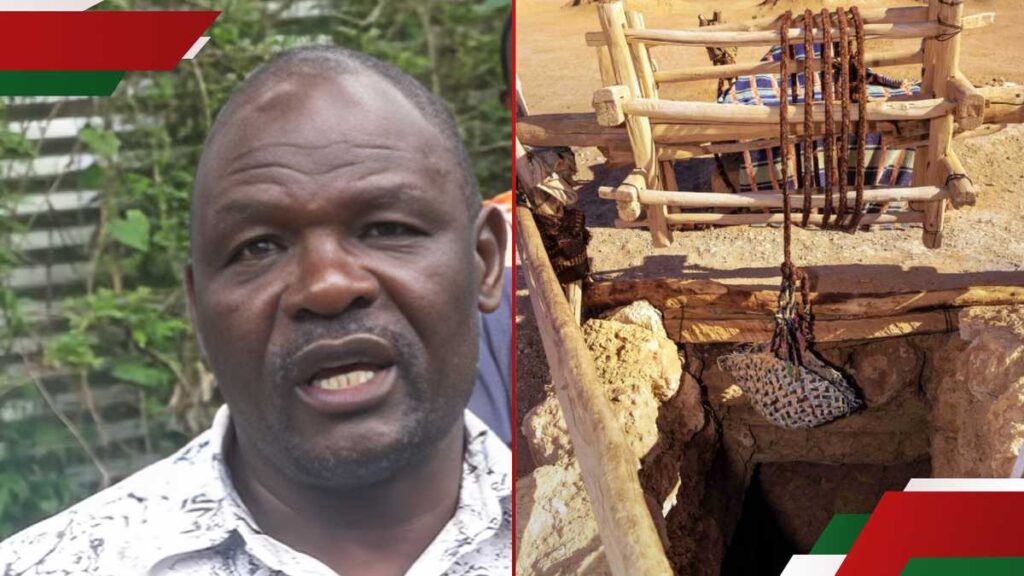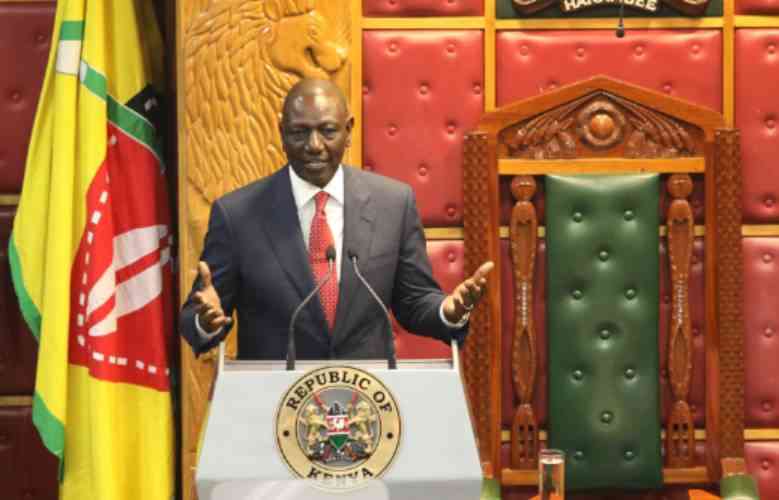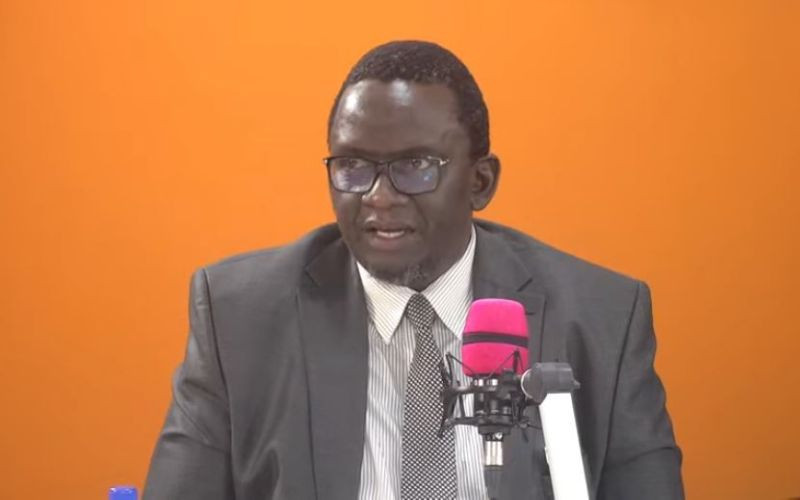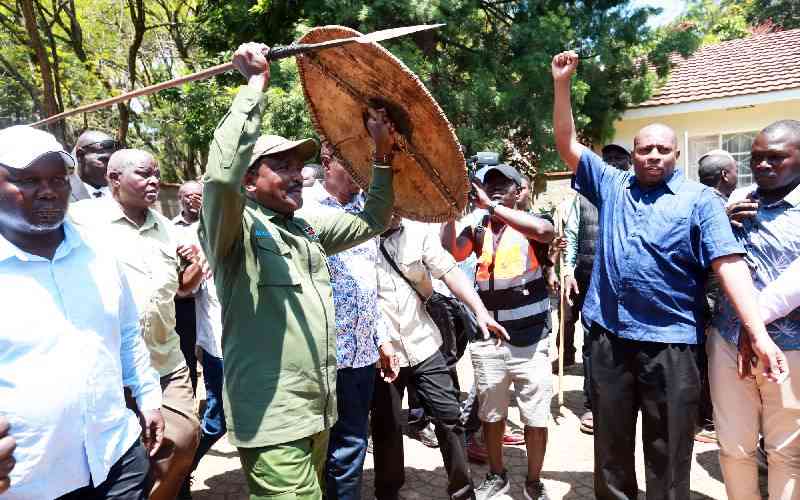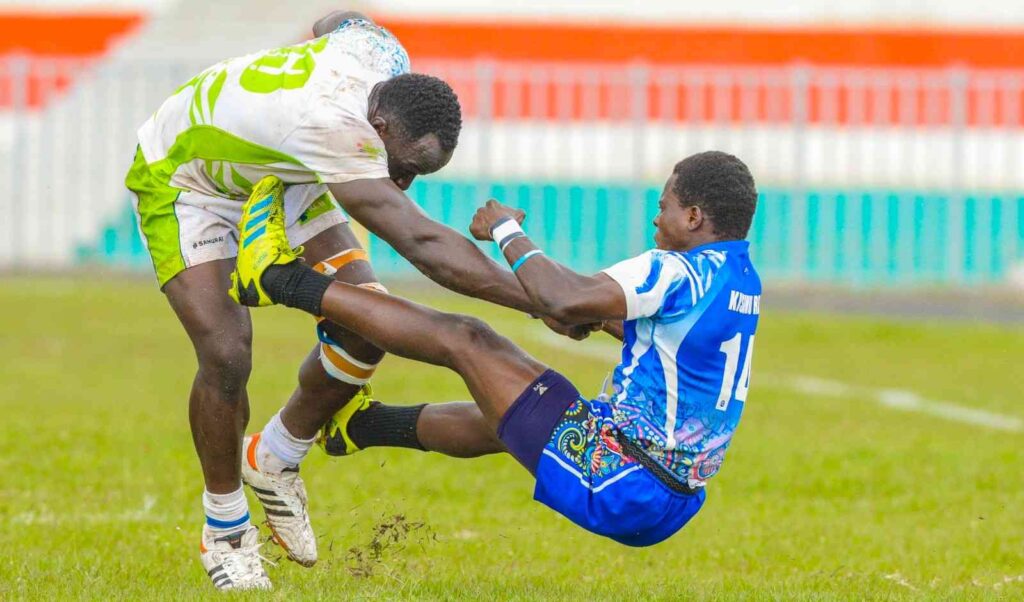A Kenyan lawyer has written to German broadcaster DW seeking to have it pull down a story on kidney transplants at the Mediheal Group of Hospitals.
Conrad Maloba of Conrad Law Advocates says that the story uploaded on YouTube was defamatory to his client.
He not only wants the story pulled down but is also seeking to have the broadcaster apologise to his clients.
The lawyer is also seeking to have DW commit in writing to never publish any defamatory material on the facility, to disclose the source of the materials used in the story related to the facility.
He wants Mediheal compensated for reputational damage as a result of the publication.
He says that the hospital offers world-class medical services in accordance with Kenyan law and international ethical standards.
“This article contains multiple baseless, reckless, and grossly defamatory statements that have caused – and continue to cause – irreparable harm to our client’s reputation, business, and professional standing both in Kenya and internationally,” he says in his letter to the broadcaster.
According to the lawyer, the story ‘superficially targets an external facilitator’ but ends up heavily implicating the facility by suggesting it is involved in “illegal organ trade, forged documents, improper medical practices and unethical dealings”.
He says in the letter that the story suggested that the facility is a local partner in the kidney trafficking ring, and it feigns relationships and cash payments are a common practice at the Eldoret-based facility.
According to Maloba, the story never substantiated the claim that Mediheal engages in irregular high-risk surgeries without documentation.
“That procedures are conducted without proper informed consent, in unsafe medical conditions, and on vulnerable or unsuitable patients.”
He says that the story suggested Mediheal has a suspicious pattern of activities, which suggests organ trafficking, despite DW admitting there was no evidence to back the claim.
“These statements are not only demonstrably false but represent a gross distortion of facts and a malicious attempt to scandalise our client without basis,” says Maloba.
“At no time prior to publication did you reach out to Mediheal for a proper right of reply or verification of any of these serious allegations — an omission which constitutes a violation of the most fundamental principles of journalistic ethics and fair reporting,” he added.
Stay informed. Subscribe to our newsletter
He says that Mediheal is licensed and closely supervised by Kenyan authorities and adheres to national and international guidelines on organ transplantation, including those set by the Kenya Medical Practitioners and Dentists Council and the World Health Organisation.
“The hospital is regularly audited and maintains rigorous documentation and compliance protocols.”
Maloba adds that the facility has consistently upheld procedural ethical protocols for organ transplant procedures, which are in line with international standards and local laws.
He says that the facility seeks consent from both patient and donor, conducts medical and psychological counselling for both parties and does compatibility and matching tests before the procedure.
He goes on to say that due diligence documentation for each case is done and that Mediheal seeks pre-authorisation by regulatory bodies, including the Ministry of Health, where applicable.
“Our client does not source, solicit, or assign donors. Patients and donors present themselves voluntarily and must independently satisfy all required protocols and clearances before we consider undertaking any transplant procedure.”
He cites a recent statement by Health Cabinet Secretary Aden Duale, with Maloba saying that the ministry refuted the existence of organ trafficking in the country.
He said that the proposals by Duale on guidelines on organ transplant are regulatory enhancements and not misconduct findings against Mediheal.
According to the lawyer, the story included patient data which breached the Data Protection Act, 2019.
He says that the facility is fully compliant with the Act and ensures the sanctity, confidentiality, and security of all patient records and medical information.
“Your attempt to gain unauthorized access to protected health data, whether by direct inquiry, impersonation, or concealed recording, is not only unethical but also ultra vires contrary to the provisions of statute law,” says Maloba.
“We opine that your article is not investigative journalism — it is a reckless, sensationalist piece that conflates rumor, anecdote, and speculative assumptions to falsely implicate a credible healthcare institution in serious criminal conduct,” he adds.
He says that the letter is not an attempt to restrict free speech, but the story encroached on Mediheal rights and misled the public.
“Take notice that if you fail to comply with our demands within seven days from the date hereof, we shall have no choice but to recommend that our client pursue all legal causes of action available to them.”
He wants the broadcaster to preserve all records and information related to the story.















